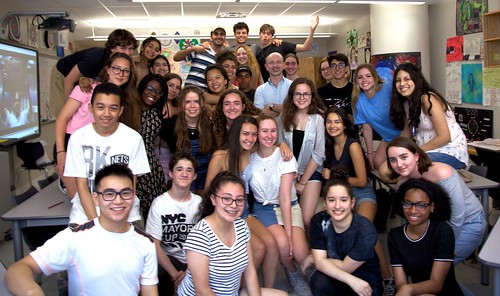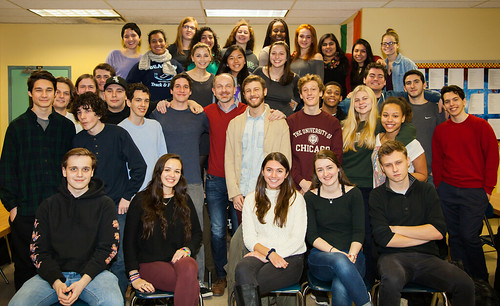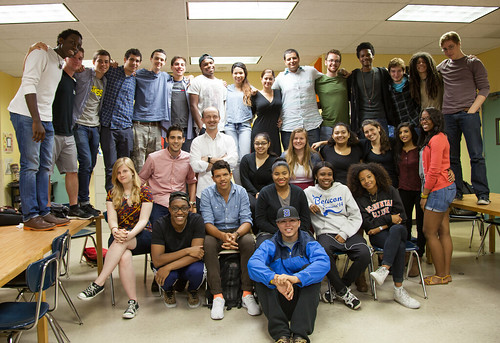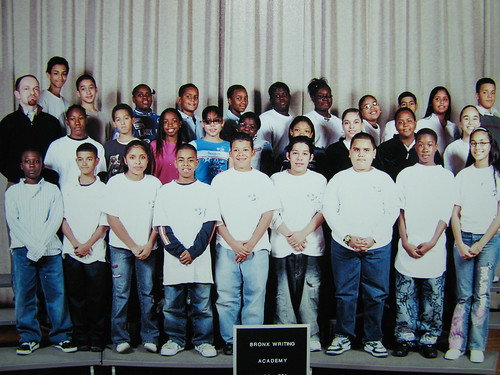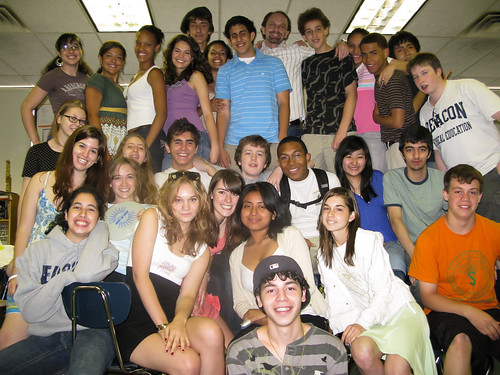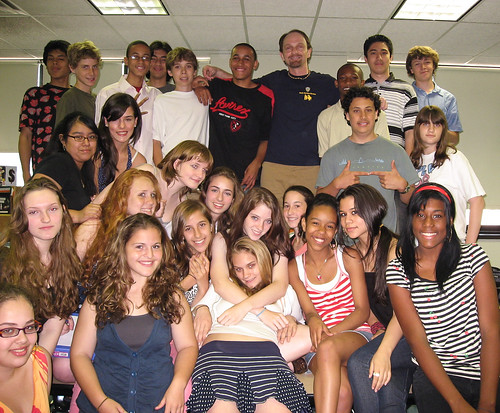On the Vanity of Existence – Schopenhauer
“The scenes of our life resemble pictures in rough mosaic; they are ineffective from close up, and have to be viewed from a distance if they are to seem beautiful.” (This would work very well with an analysis of the garden metaphor in the treatise and then its extrapolation throughout the novel.)
- Haller sees nothing beautiful in life, but as time goes on he’s constantly looking back to his childhood where he wishes he could have been a part of the comfort that the bourgeois provided.
- When he’s in the magic theater, the man shows him that he can rearrange his life into any form he wants if he’s not content with it. It was only when Haller physically saw his life being molded into different forms did he realize how much power he had to make his life beautiful.
- Maria and Hermine are two women who helped him begin to see all of the beauty in life. [Read more…]



